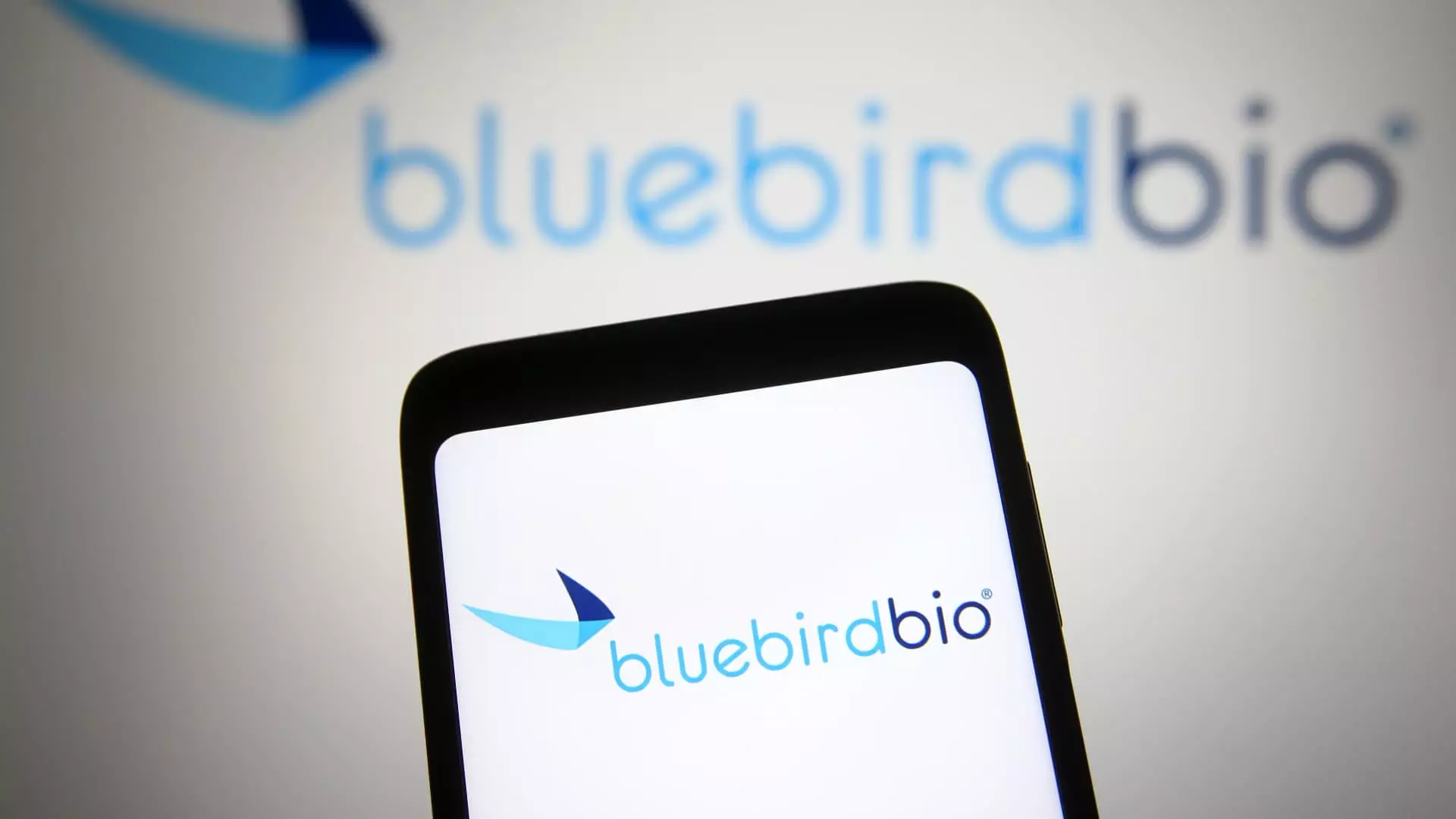Bluebird Bio, once heralded as a pioneer in the field of gene therapies, has witnessed a precipitous decline, culminating in its recent acquisition by private equity firms Carlyle and SK Capital for approximately $30 million. This outcome starkly contrasts with the optimism that once surrounded the company, which had a market capitalization soaring to nearly $9 billion at its peak. Throughout its three-decade history, Bluebird has sought to revolutionize the treatment of genetic disorders, making this fall from grace particularly disheartening for stakeholders and advocates alike.
The initial appeal of Bluebird Bio was fueled by the promise of one-time therapies that could potentially cure life-altering conditions. Investor enthusiasm peaked as the company unveiled therapies aimed at diseases such as sickle cell disease and beta thalassemia. However, the allure of these groundbreaking treatments could not withstand the pressures of scientific challenges, regulatory scrutiny, and mounting financial strain.
The turning point for Bluebird came in 2018 when one of its patients developed cancer after receiving gene therapy for sickle cell disease. Though the company clarified that its treatment was not causative, the incident raised significant concerns. Questions regarding the long-term safety of gene therapies and their DNA-altering capabilities led to mounting skepticism among regulators, healthcare providers, and patients.
Furthermore, Bluebird’s initial pricing strategy for its beta thalassemia treatment, Zynteglo, at a staggering $1.8 million per patient, was met with resistance from European health authorities. The company was forced to withdraw Zynteglo from the market in Europe just two years after its approval, redirecting its focus to the more accessible U.S. market. This decision highlighted the harsh realities of pricing and reimbursement in the biotech industry, particularly for high-cost therapies that target rare conditions.
In light of its challenges, Bluebird Bio endeavored to reposition itself by prioritizing therapies that had received regulatory approvals: Zynteglo for beta thalassemia, Lyfgenia for sickle cell disease, and Skysona for cerebral adrenoleukodystrophy. However, the financial deficits continued. Despite successfully garnering US approvals for these innovations, they failed to reverse the company’s downward trajectory. Bluebird’s extensive cash burn, often in the hundreds of millions annually, compounded its struggles.
Additionally, the strategic decision to offload its cancer treatment operations into a newly established entity, 2Seventy Bio, further stripped Bluebird of a crucial revenue stream. As of the latest disclosures, the company projected it could maintain operations only through the first quarter of the following year without immediate intervention.
The fate of Bluebird Bio resonates beyond its own walls and serves as a cautionary tale for the biotech industry. The struggles of Bluebird, along with those of other companies developing gene therapies, raise profound questions about the viability of translating groundbreaking scientific advancements into stable business models. For instance, Vertex’s efforts with their competing treatment for sickle cell disease have similarly been hampered by slow market uptake, while Pfizer recently abandoned its gene therapy for hemophilia just a year post-approval due to underwhelming demand.
Despite the individual narratives of despair, the potential of Bluebird’s therapies remains compelling. The profound difference these treatments could make in the lives of patients is a narrative worth noting. Distinctively, conversations with patients eager for Zynteglo underscored the critical need for these transformative therapies. Yet, the reality is that financial sustainability must accompany scientific innovation for such advancements to thrive in the market.
As Bluebird Bio enters a new chapter under Carlyle and SK Capital, the road ahead appears arduous. The $30 million deal, although providing immediate liquidity, underscores a significant devaluation of what was once a high-flying biotech firm. In a landscape where transformative therapeutic potential meets financial realities, Bluebird’s trajectory illustrates a reinforcing loop of skepticism about the sustainability of gene therapies. The success of such innovation hinges not only on scientific excellence but also on developing feasible economic models to facilitate access for the patients who desperately need them.

Leave a Reply